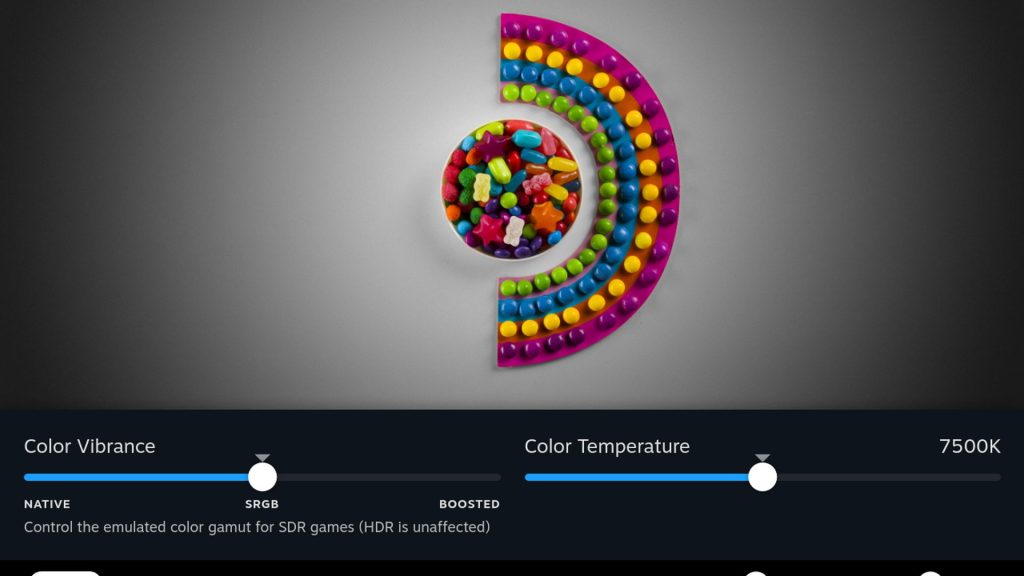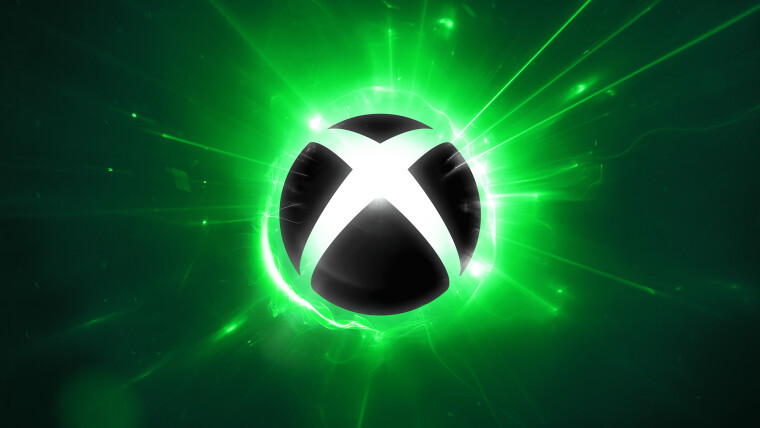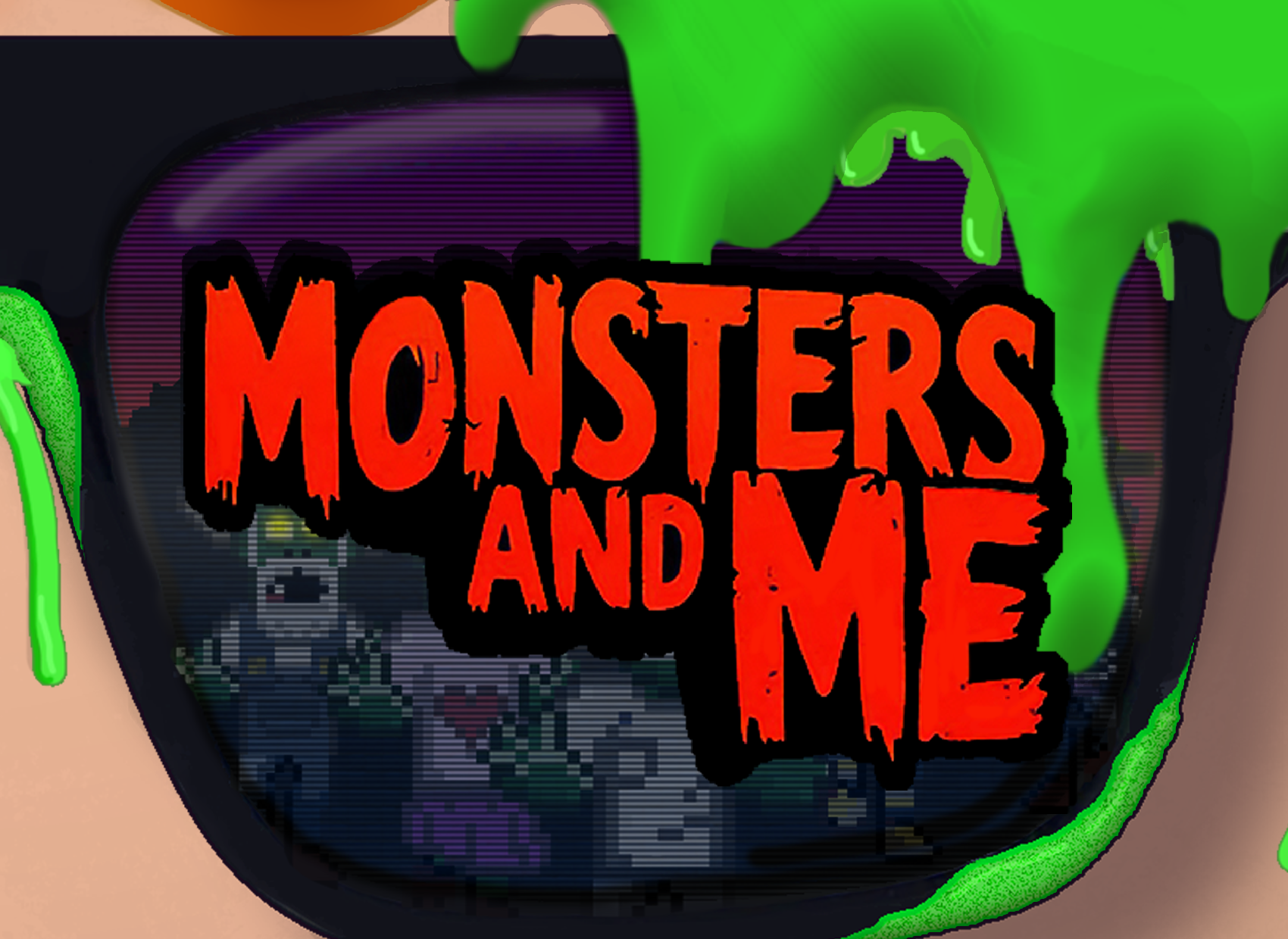The latest update for the Steam Deck brings with it a host of new options, largely having to do with the display.
Valve has released a major new update for the operating system that runs on the Steam Deck—SteamOS. Numbered at 3.5.5, the update brings with it a host of new features, including support for variable refresh rate displays, an updated Arch Linux base, and improved controller firmware.
Steam Deck users will find the star of the update to be the new ability to adjust the system’s display colours. The options, available in Steam Deck’s settings, allows users to fine tune the colour of the display, allowing the switch to the sRGB palette, and even a new Boosted palette that emulates a wider-gamut display appearance.
The update spent quite some time in the SteamOS beta channels before finally being released to the public through the stable software updates channel.
Valve recently announced the Steam Deck OLED, which brings with it the same power along with a slightly larger OLED display and support for the faster Wi-Fi 6E standard. The Steam Deck OLED was launched on November 16, and is currently available through Steam.
Display
- The default color rendering for Steam Deck LCD has been adjusted to emulate the sRGB color gamut, resulting in a slightly warmer and more vibrant color appearance.
- Added Settings -> Adjust Display Colors, to tune the display’s Color Vibrancy and Color Temperature. The settings can be tuned with a preview of a test image (above), or with your running game.
- Native: The native display color appearance (the color rendering for Steam Deck prior to this update).
- sRGB: Emulate the sRGB primaries, in a smooth manner that does not introduce gradient clipping.
- Boosted: Emulate a wider-gamut display appearance, resulting in increased apparent vibrance. May result in gradient clipping.
- HDR can now be enabled in Display Settings if supported by the external display.
- Added HDR Analysis to Advanced Display settings.
VRR can now be enabled in Display Settings if supported by the USB-C adapter. - Reworked Quick-Access scaling settings to separate scaling from filtering. Added Stretch and Zoom scaling as new options to handle different aspect ratios.
- Fixed a long-standing issue where the internal display backlight would always stay on.
- Fixed touchscreen orientation while external display is connected.
- Compositing is now avoided in additional scenarios, reducing latency and stutter in situation with multiple overlays on screen.
- Improved latency in certain situations where the application renders slower than the display’s refresh rate.
General
- Added support for Steam Deck OLED
- Fixed an issue where certain workloads would exhibit severe CPU performance issues unless SMT was manually disabled.
- External storage devices are now auto-mounted when connected to Steam Deck.
- To format or manage storage devices use the new device management interface in Settings->Storage.
- Updated graphics drivers, with many performance and functionality improvements. Improved performance for Starfield. Fixed viewmodel corruption in Amnesia: The Bunker and launch failures for Immortals of Aveum and Kaiju-A-GoGo.
- Improved Bluetooth connection stability, especially with multiple controllers
- Slightly improved sleep resume speed
- Implemented switching between controller bindings and mouse/keyboard desktop bindings by long-pressing Options in the Linux hid-steam driver, to match Steam’s default Desktop configuration.
- Improved fade transitions between applications.
- The contents of the performance overlay can now be customized by creating a ~/.config/MangoHud/presets.conf configuration file.
- Fixed a bug where some games could appear stretched if their window size didn’t match their swapchain size (eg. Naruto Shippuden Ultimate Ninja Storm 4)
- Fixed Disgaea PC needing to be tapped on before input works
- Fixed physical dimensions reported to games, fixing some issues with an incorrect aspect ratio sometimes being detected (eg. Returnal)
- Worked around a problem where Allow Tearing could cause heavy stuttering if the Performance Overlay or other overlays appeared on screen. Tearing is now impossible in such situations, and the Performance Overlay should be disabled for best results.
- Fixed a problem where keyboard input would not be detected in Overwatch 2
- Controller firmware: fixed an issue where some thumbstick touch sensors would lose touch periodically
Firmware 118
- Added voltage offset settings
Steam Deck Dock Firmware 121
- Added VRR support
- Improves reliability when changing display modes via on-screen menus
- Fixed issues with 6bpc color modes, improving high resolution/refresh mode support
- Improves detection of HDMI cable hot-plug events
Updated Arch Linux base
- This update pulls in newer performance, security and stability fixes for the underlying packages that are the foundation for SteamOS
- Most notably, this includes recent changes to KDE Plasma, Steam Deck’s Desktop Mode. Full notes on these updates can be found on KDE’s website here. Here are a few of the highlights:
- New window tiling system
- Updated Discover (app store / software manager) with a new homepage and improved search
- Discover can now perform system updates from the desktop
- Updated desktop widgets







